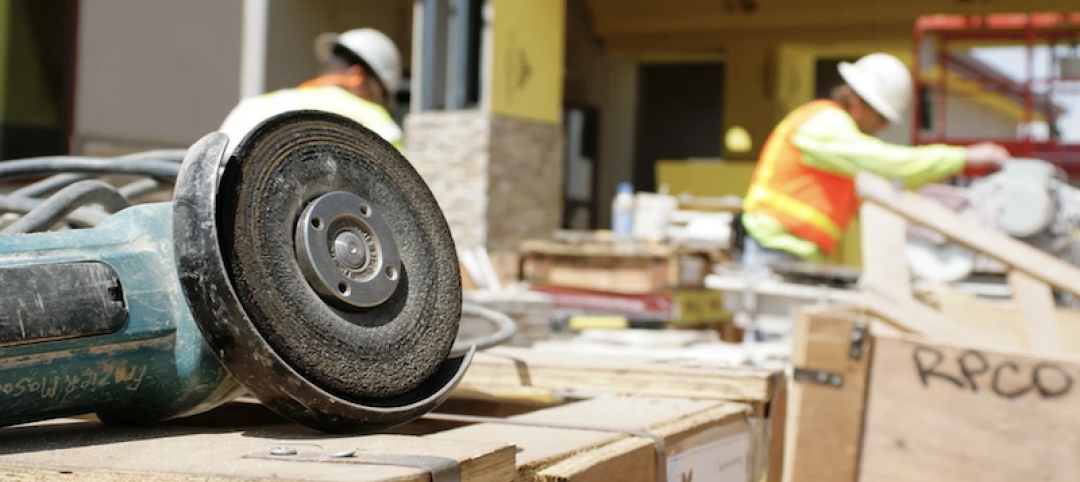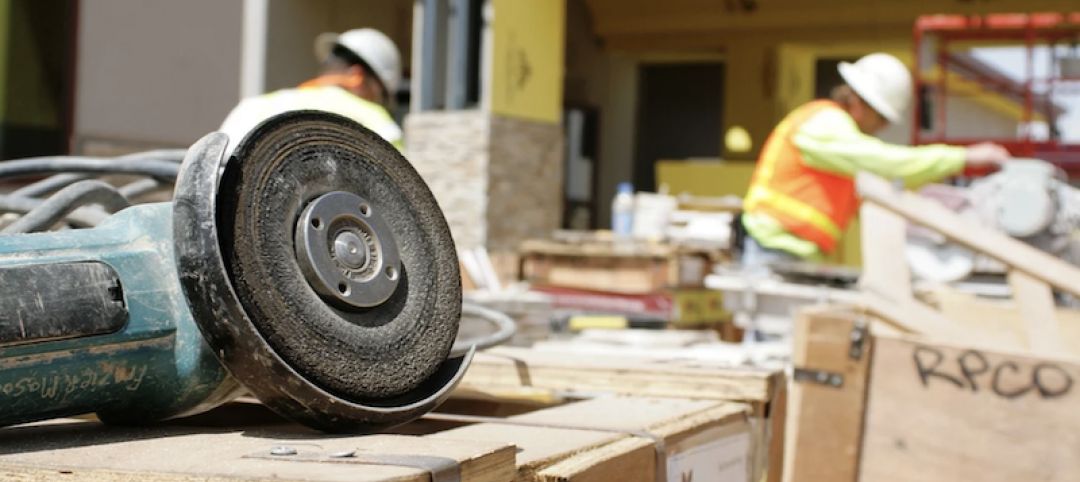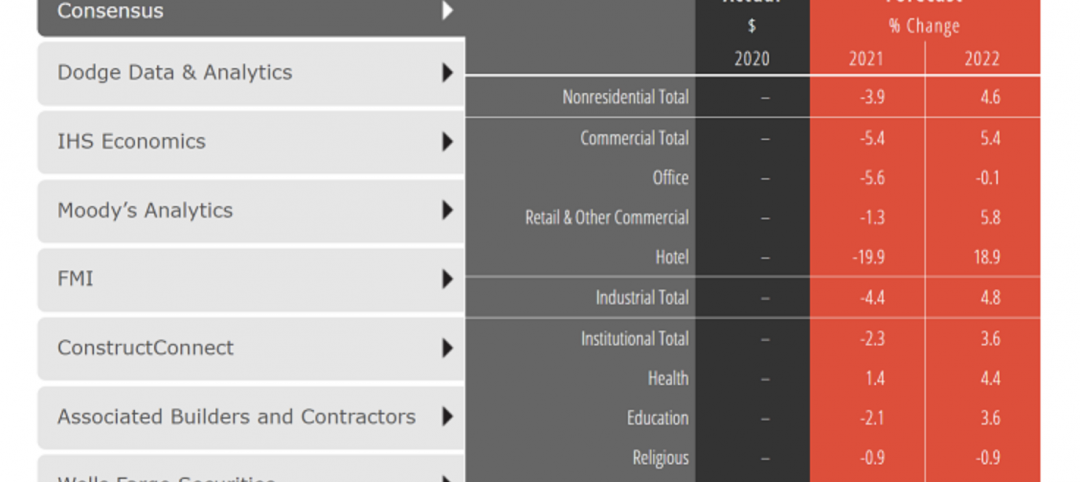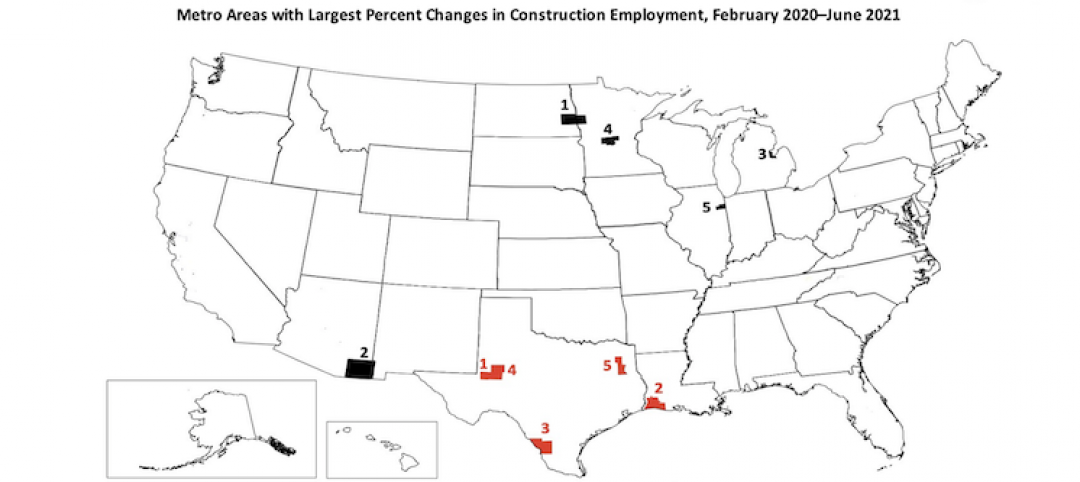Construction employment increased by 158,000 jobs in June, but employment related to infrastructure slipped, according to an analysis by the Associated General Contractors of America of government data released today. Association officials cautioned that additional infrastructure-building job losses are inevitable unless the federal government replenishes depleted state and local budgets for roads and other public works.
“The gain in construction employment in June was concentrated in homebuilding, with scattered increases in nonresidential building, while heavy and civil engineering construction employment—the category that includes many highway and other infrastructure workers—shrank by nearly 10,000 jobs,” said Ken Simonson, the association’s chief economist. “Unfortunately, those infrastructure-related jobs are likely to keep declining as state and local governments postpone or cancel projects in order to cover the huge budget deficits they are facing in the fiscal year that began for many agencies on July 1.”
Simonson noted that the association’s latest survey, conducted June 9-17, found that almost one out of three contractors reported a project that was scheduled to start in June or later had been canceled. He added only one-fifth of firms reported winning new or expanded projects, a share that had held steady since April.
Despite adding 158,000 jobs in June and 453,000 jobs in May, construction employment in June remained 330,000 jobs or 4.4% below the June 2019 level. The heavy and civil engineering construction segment of the industry lost 9,700 jobs in June and 60,100 jobs (-5.6%) over the year. Nonresidential building construction employment increased by 13,100 for the month but declined by 47,000 jobs (-5.5%) over 12 months. Employment among nonresidential specialty trade contractors rose by 71, 300 in June but decreased by 140,000 (-5.2%) from a year earlier.
Job losses were milder in the residential side of construction. Residential building firms added 19,100 employees in June but lost 21,000 positions (-2.6%) over 12 months. Residential specialty trade contractors added 64,100 employees last month but lost 63,000 workers (-3.0%) over the year.
The industry’s unemployment rate in June was 10.1%, with 962,000 former construction workers idled. These figures were two and one-half times as high as in June 2019 and were the highest June levels since 2012.
Association officials said the best way to avoid the expected future construction job losses is for federal officials to quickly enact and implement funding for infrastructure, including highway, bridges, waterways and airports. They noted that the Moving Forward Act passed by the U.S. House of Representatives on Wednesday was a first step in that direction but that a more bipartisan approach is needed for funding to become law.
“We urge officials of both parties, both sides of Capitol Hill, and the Administration to come together promptly on meaningful increases in infrastructure funding,” said Stephen E. Sandherr, the association’s chief executive officer. “Without quick action, the job gains of the past two months will be lost, along with the opportunity to start on improving the nation’s infrastructure at a time when labor availability is high and materials and borrowing costs are low.”
Related Stories
Market Data | Aug 12, 2021
Steep rise in producer prices for construction materials and services continues in July.
The producer price index for new nonresidential construction rose 4.4% over the past 12 months.
Market Data | Aug 6, 2021
Construction industry adds 11,000 jobs in July
Nonresidential sector trails overall recovery.
Market Data | Aug 2, 2021
Nonresidential construction spending falls again in June
The fall was driven by a big drop in funding for highway and street construction and other public work.
Market Data | Jul 29, 2021
Outlook for construction spending improves with the upturn in the economy
The strongest design sector performers for the remainder of this year are expected to be health care facilities.
Market Data | Jul 29, 2021
Construction employment lags or matches pre-pandemic level in 101 metro areas despite housing boom
Eighty metro areas had lower construction employment in June 2021 than February 2020.
Market Data | Jul 28, 2021
Marriott has the largest construction pipeline of U.S. franchise companies in Q2‘21
472 new hotels with 59,034 rooms opened across the United States during the first half of 2021.
Market Data | Jul 27, 2021
New York leads the U.S. hotel construction pipeline at the close of Q2‘21
Many hotel owners, developers, and management groups have used the operational downtime, caused by COVID-19’s impact on operating performance, as an opportunity to upgrade and renovate their hotels and/or redefine their hotels with a brand conversion.
Market Data | Jul 26, 2021
U.S. construction pipeline continues along the road to recovery
During the first and second quarters of 2021, the U.S. opened 472 new hotels with 59,034 rooms.
Market Data | Jul 21, 2021
Architecture Billings Index robust growth continues
AIA’s Architecture Billings Index (ABI) score for June remained at an elevated level of 57.1.
Market Data | Jul 20, 2021
Multifamily proposal activity maintains sizzling pace in Q2
Condos hit record high as all multifamily properties benefit from recovery.

















